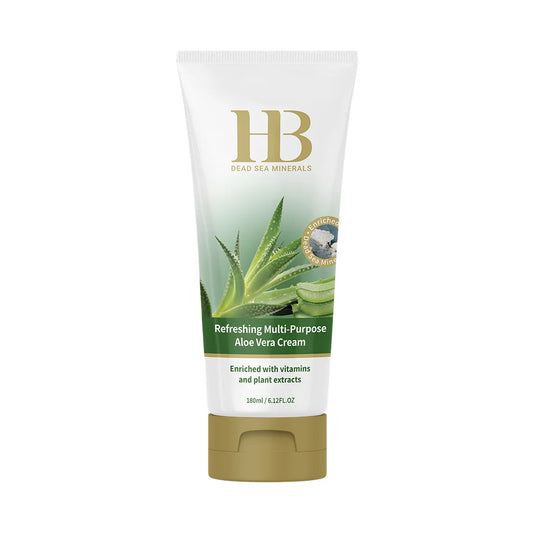Vitamins are important for our growth, recovery, and, therefore, health. Vitamins are not only found in foods but are also incorporated into various skin care products.
There are a total of 13 vitamins that can be divided into two groups:
- Fat-soluble vitamins: A, D, E and K.
Fat-soluble vitamins are usually found in fatty foods such as fish, meat, eggs, nuts, and avocados. The body can store fat-soluble vitamins in adipose tissue and the liver.
- Water-soluble vitamins: C and the B vitamins (B1, B2, B3, B5, B6, B8, B11 and B12).
Water-soluble vitamins are found in the moisture of foods, such as fruit and vegetable juices. They can also move freely in the body's tissue fluids. These vitamins (with the exception of vitamin B12) are not stored in the body, but are eliminated through urine.
Here we want to highlight for you the liposoluble vitamin A.
Vitamin A and nutrition
Vitamin A is an essential nutrient important for good vision, healthy skin, a strong immune system, and cell growth. There are two sources of vitamin A: retinol (the direct active form) and beta-carotene (a precursor that the body converts into vitamin A).
Retinol
This form of vitamin A is absorbed and utilized directly by the body. It's found in liver, eggs, butter, dairy products, and fatty fish.
Beta-carotene (Provitamin A)
Beta-carotene is converted into vitamin A in the body and is found in carrots, spinach, kale, sweet potatoes, mangoes, apricots, and pumpkin. The body absorbs beta-carotene more quickly when combined with fat, such as olive oil or nuts.
Vitamin A deficiency
Vitamin A deficiency can lead to dry skin and eczema, poor night vision, and reduced immunity. Deficiencies occur primarily in unbalanced diets or absorption problems (e.g., intestinal diseases).
Vitamin A and the skin
Vitamin A stimulates collagen production, which helps reduce wrinkles and fine lines. It also accelerates cell renewal, leaving skin fresh and smooth. It also reduces hyperpigmentation and evens out skin tone.
Acne and impurities
Vitamin A is very effective in treating acne and pimples, as it regulates sebum production, preventing pore blockage. It also has an anti-inflammatory effect, which soothes red and irritated skin. It also helps reduce scarring.
Hydration and protection of the skin barrier
Vitamin A strengthens the skin barrier, preventing moisture loss. It also protects against free radical damage caused by UV radiation and pollution.
Skin care with vitamin A
Regular use of vitamin A products can significantly improve your skin. Patience is key! Retinol doesn't work immediately; it takes time to achieve the desired effect.
When will the results be seen?
- After 4-6 weeks: More even skin texture and fewer blemishes.
- After 8-12 weeks: Reduction of fine lines and pigmentation spots.
- After 3-6 months: More even tone, smoother skin and fewer wrinkles.






